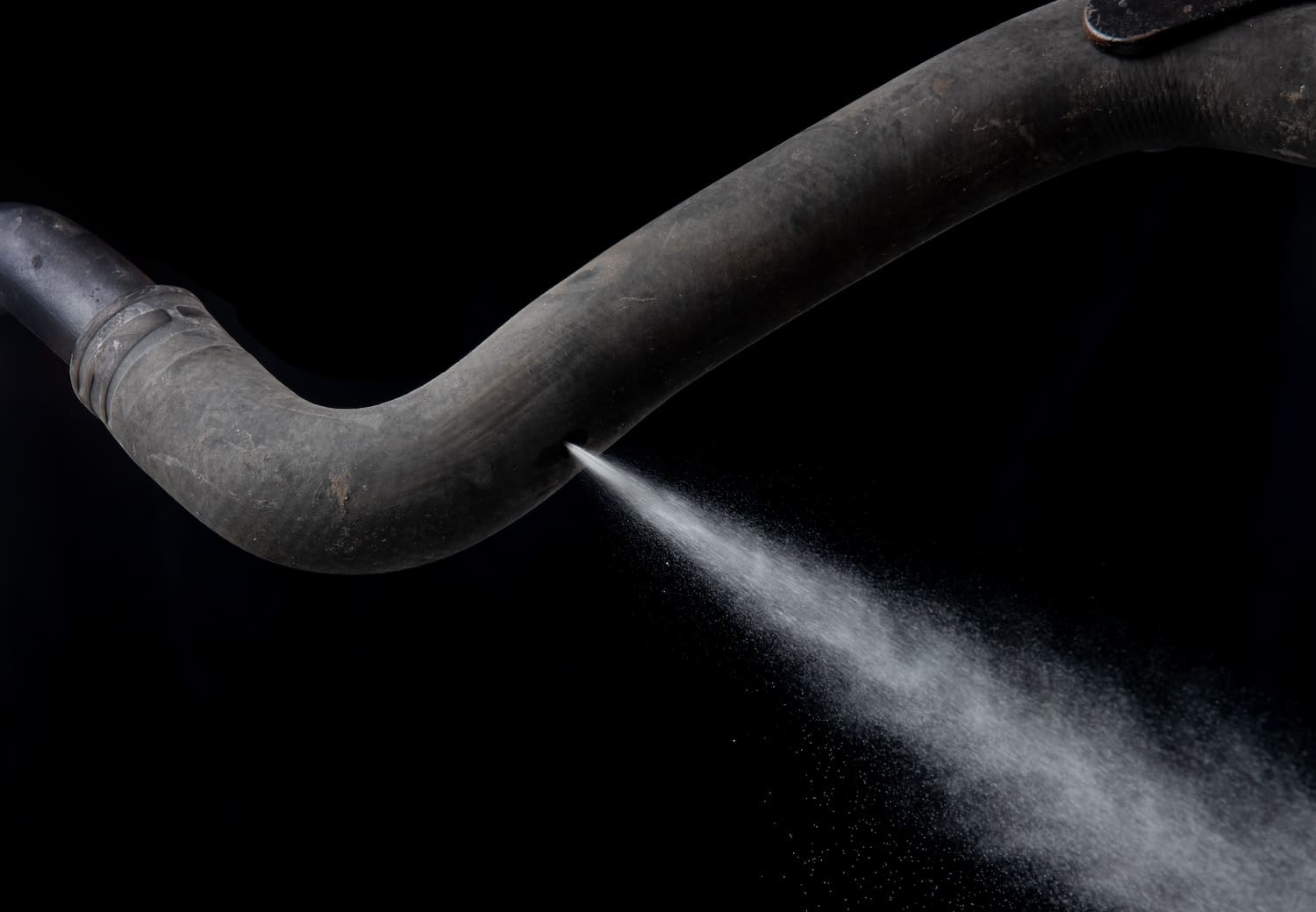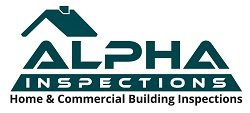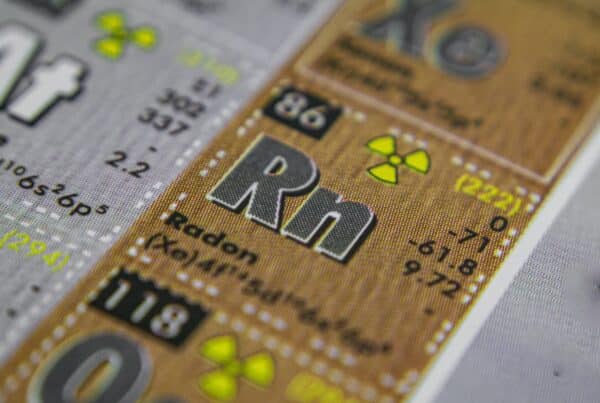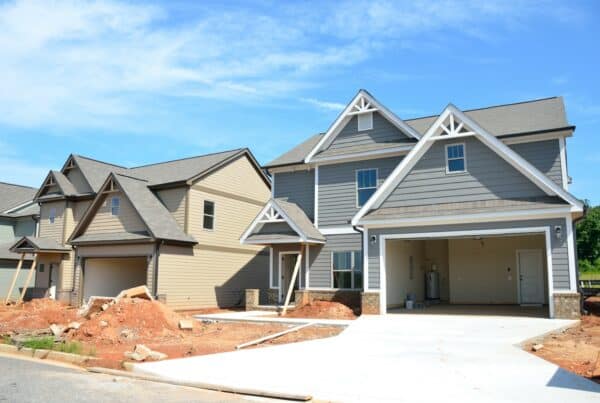
Gas leaking anywhere in your home is a serious safety concern, including a slow leak that develops gradually or isn’t immediately obvious. Any type can create hazardous conditions in a home or building. Recognize the subtle signs of a slow gas leak early on to avoid several other issues – this post will explore the safety risks, symptoms, and steps to take if you suspect problems.
What is a Slow Gas Leak?
A slow gas leak is when a small amount of gas escapes from a gas line, appliance, or connector over time. These leaks can be tricky to detect because they often don’t have the strong smell or hissing sound that might accompany a more significant leak. The common gases involved in these leaks include natural gas (methane) and propane.
Additionally, faulty appliances can also lead to the release of carbon monoxide, a dangerous byproduct of incomplete combustion. Slow gas leaks can be caused by aging pipes, worn-out seals, or loose connections on appliances like stoves, water heaters, or furnaces.
For instance, a gas stove with an old gasket might slowly release gas even when turned off. Gas can accumulate over time, leading to potentially dangerous situations. Even if the immediate effects aren’t always obvious, inhaling gas can cause health problems like headaches, dizziness, nausea, and, in severe cases, unconsciousness. Carbon monoxide is particularly hazardous because it is colorless and odorless, making it difficult to detect without a detector.

Warning Signs and Symptoms of a Slow Gas Leak
Being aware of certain signs can help you identify the problem early. Both physical symptoms and environmental cues can indicate a leak.
For instance, one of the most telling signs of a slow gas leak is the physical symptoms experienced by people and pets in the household. In humans, common symptoms include:
- Persistent, unexplained headaches and dizziness
- Unusual nausea and fatigue
- Difficulty breathing, shortness of breath, heaviness in the chest
Pets are often more sensitive to gas leaks than humans. Look out closely for signs like:
- Lethargy and vomiting
- Behavioral changes like hiding, unusual sounds, no interest in food
Additional Signs to Watch For
- Dead or Discolored Plants: If you notice plants near your gas lines or appliances turning brown or dying, it could be a sign of a gas leak.
- Bubbles in Water: Look for bubbles forming in standing water or puddles around your home, particularly near gas lines.
- Hissing or Whistling Sounds: Unusual sounds coming from gas appliances or lines can indicate a leak.
- Unexplained High Gas Bills: A sudden increase in your gas bill without a corresponding rise in usage might signal a slow leak.
- Dust or Dirt Blowing from the Ground: If you see dust or dirt being blown into the air near a gas line, it could be due to escaping gas.
You Suspect a Gas Leak: Now What?
1) As soon as you suspect a gas leak, evacuate the premises calmly but swiftly. It’s important to avoid any actions that could cause a spark, like using electronic devices, turning lights on or off, or using appliances.
2) Do not use electrical devices, phones, or anything that could produce a spark inside your home. Leave doors open as you exit to allow gas to dissipate and avoid doing anything that might trigger a fire or explosion.
3) Call for Help: Once you’re at a safe distance from your home, contact your gas company or emergency services. Use a cell phone away from the house or a neighbor’s phone. The professionals will advise you on the next steps and will send trained personnel to handle the situation safely.
Preventing Gas Leaks
Preventing gas leaks is essential for keeping your home safe. Firstly, keep your gas appliances and systems in good condition by scheduling regular maintenance.
Look for signs of wear and tear, such as rust or corrosion, and address any issues promptly. This regular upkeep can prevent leaks from developing over time. Beyond that, consider preventative steps like:
- Professional Inspections: Hire licensed professionals to inspect your gas lines and appliances periodically. They have the expertise to spot potential problems that might not be visible to the untrained eye.
- Updating Old Appliances: Consider replacing older gas appliances and equipment, as they are more prone to leaks and malfunctions. Newer models are designed with advanced safety features that can help prevent leaks.
- Installing Gas Detectors: Equip your home with gas detectors in key areas, such as near gas appliances and in rooms where you spend a lot of time. They can alert you before the gas reaches dangerous levels.

Other Recommended Maintenance
Start by having your heating, ventilation, and air conditioning (HVAC) systems serviced regularly. Replacing filters and cleaning vents can improve air quality and help your systems run smoothly, reducing related issues.
It’s also important to keep an eye on your water heater and plumbing systems. Look for signs of wear, like rust or leaks, and schedule regular maintenance to prevent problems before they escalate.
Make sure your electrical systems are in good condition. Outdated wiring or faulty outlets can pose significant risks, so it’s wise to have an electrician inspect your setup periodically.
Finally, don’t overlook the importance of proper insulation and weatherproofing in your home. It not only helps maintain comfortable indoor temperatures but also reduces the strain on your heating systems, which can prevent overworking your appliances and causing leaks.
When to Call a Professional
Certain situations call for professional expertise! If you experience persistent symptoms like headaches, dizziness, or nausea, it’s important to seek professional help. These could indicate an ongoing issue with gas leaks that needs expert attention.
Visible damage, such as cracked pipes or corroded gas lines, should be addressed by a qualified professional. They can accurately diagnose the problem and carry out necessary repairs, ensuring your home’s safety.
Also, regular professional inspections are invaluable. Certified technicians can thoroughly check your gas lines, appliances, and other systems, catching potential problems early.
Wrapping Up
Keeping your home safe starts with being aware of potential hazards like a slow gas leak. Spotting the signs early and taking immediate action can prevent serious health risks and damage.
Don’t wait until a minor issue becomes a major problem. In NH, MA, and ME, call Alpha Inspection Services to schedule an assessment today, identify any hidden risks, and get your house back on track.



